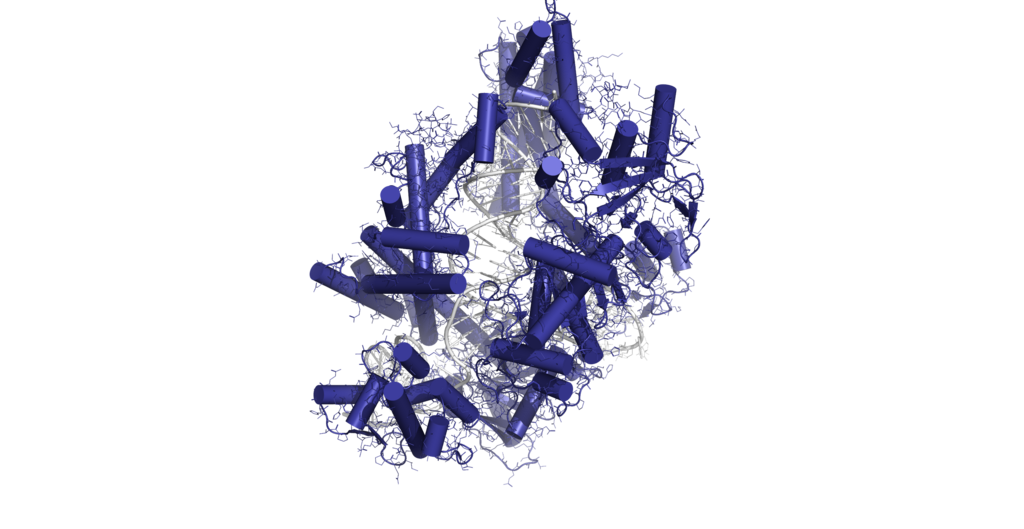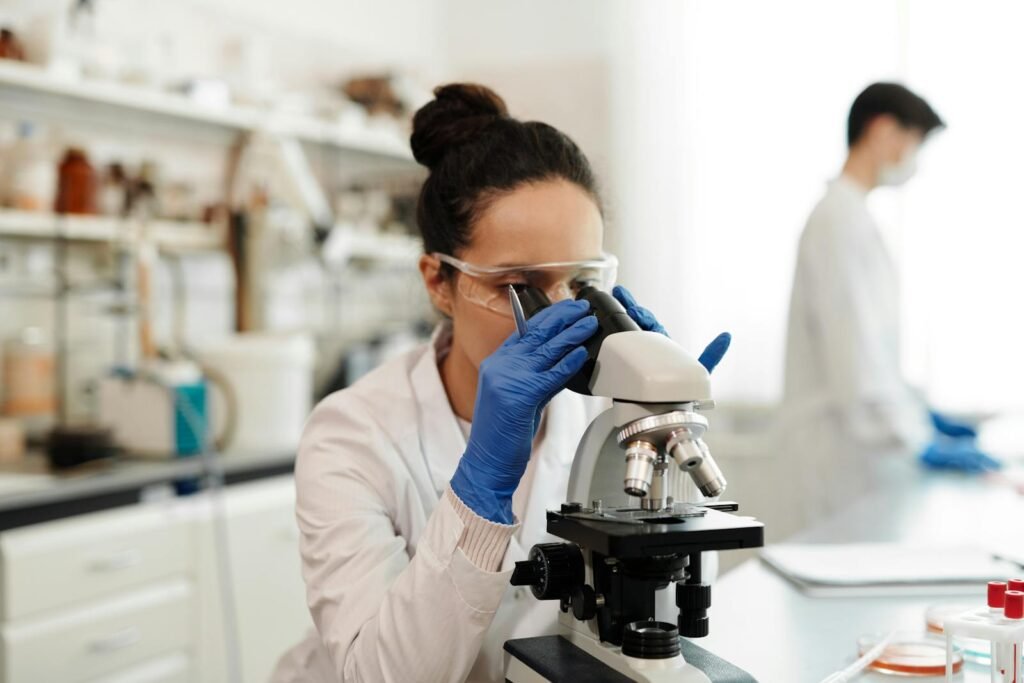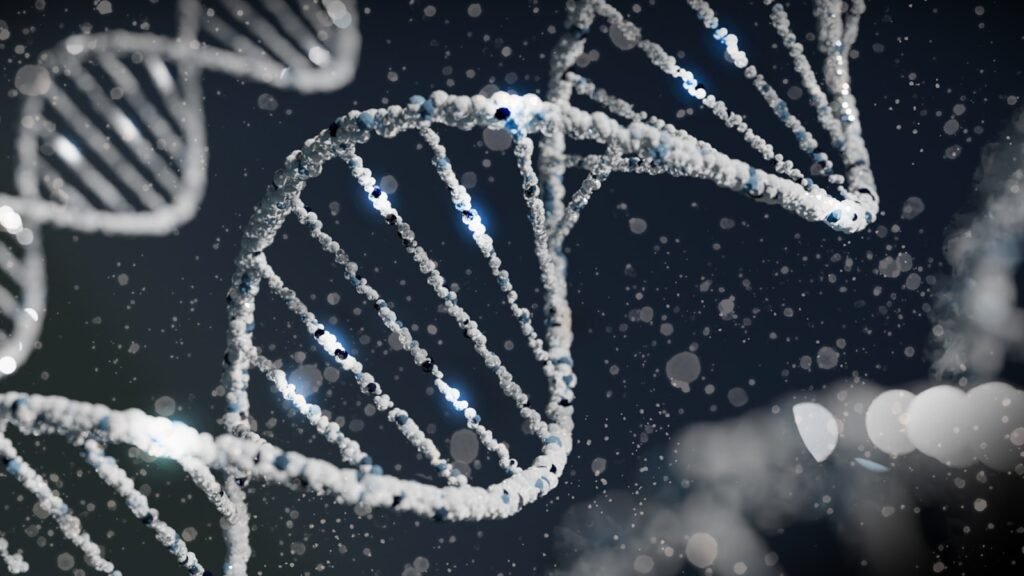When Science Meets Soul: Inside the World’s First Personalized CRISPR Cure for a Baby
In a stunning medical breakthrough that effectively brings designer babies out of the realm of science fiction, a nine-month-old baby named KJ is the first person in the world to receive a genetically customized CRISPR therapy to treat a genetic mutation that, if left untreated, would cause severe and deadly inborn epilepsy. Born with a rare disorder ...









